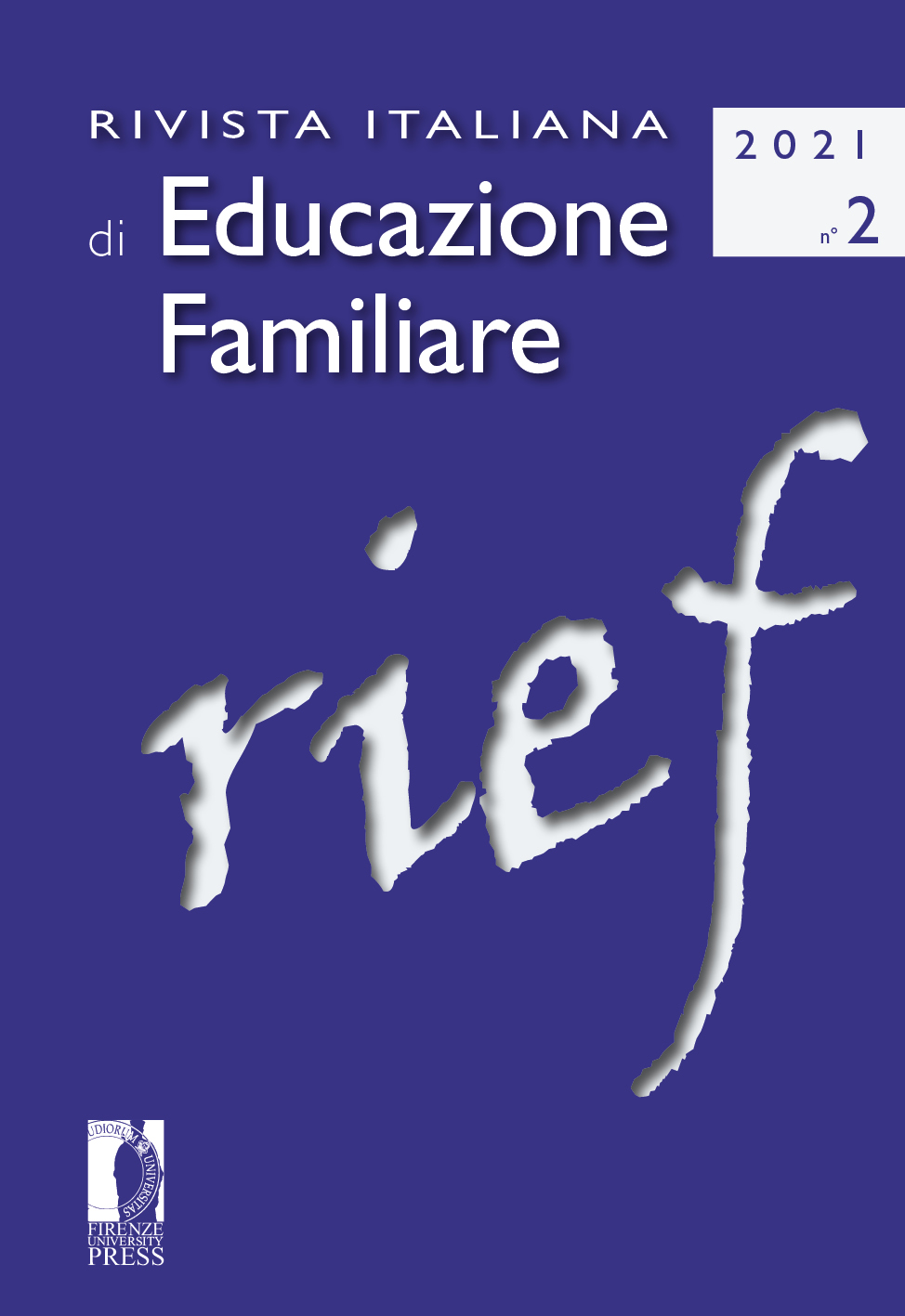Conflict capability e mediazione: un approccio preventivo alla radicalizzazione e ai comportamenti antisociali in contesti familiari e microsociali
Published 2021-12-23
Keywords
- conflict,
- mediation,
- radicalization,
- education,
- change processes
How to Cite
Abstract
Understanding conflict dynamics among individuals and within society, and devising appropriate intervention strategies offer a relevant perspective for the prevention of radicalization processes. The article outlines an overview of some concrete instruments of analysis and intervention in microsocial conflicts, with special reference to family. We choose as a starting point the notion of “conflict capability”, the ability of human beings of appropriately handling conflict.
The model presented here is based on a systemic understanding of social conflict and a transformative approach to foster human capabilities, and specifically women, of dealing with conflict. Friedrich Glasl’s “escalation model” offers a solid foundation in order to define conflict dynamics which is crucial for devising appropriate, context-specific interventions. For the family and microsocial context, we propose as intervention tools empathic communication and “problem solving without losers” proposed by Thomas Gordon, as well as a “systemic transformative” approach to mediation. The article also reflects on the importance of conflict capability in order to reinforce the practice of democracy, building on the contribution of authors such as Chantal Mouffe and Axel Honneth.


